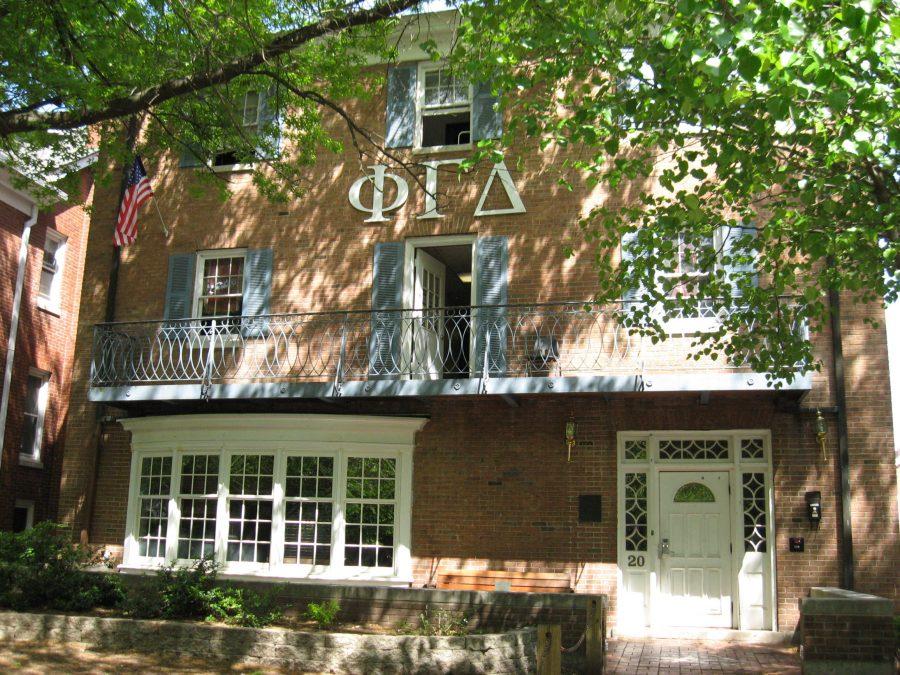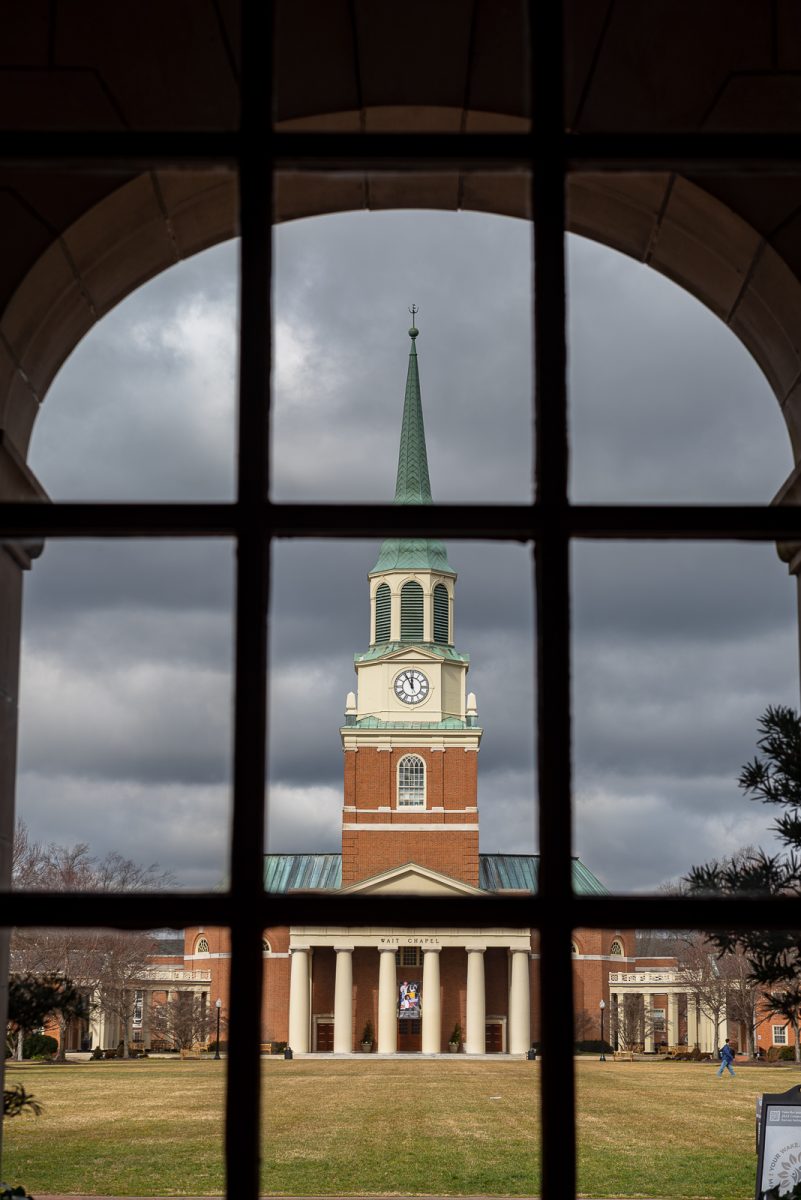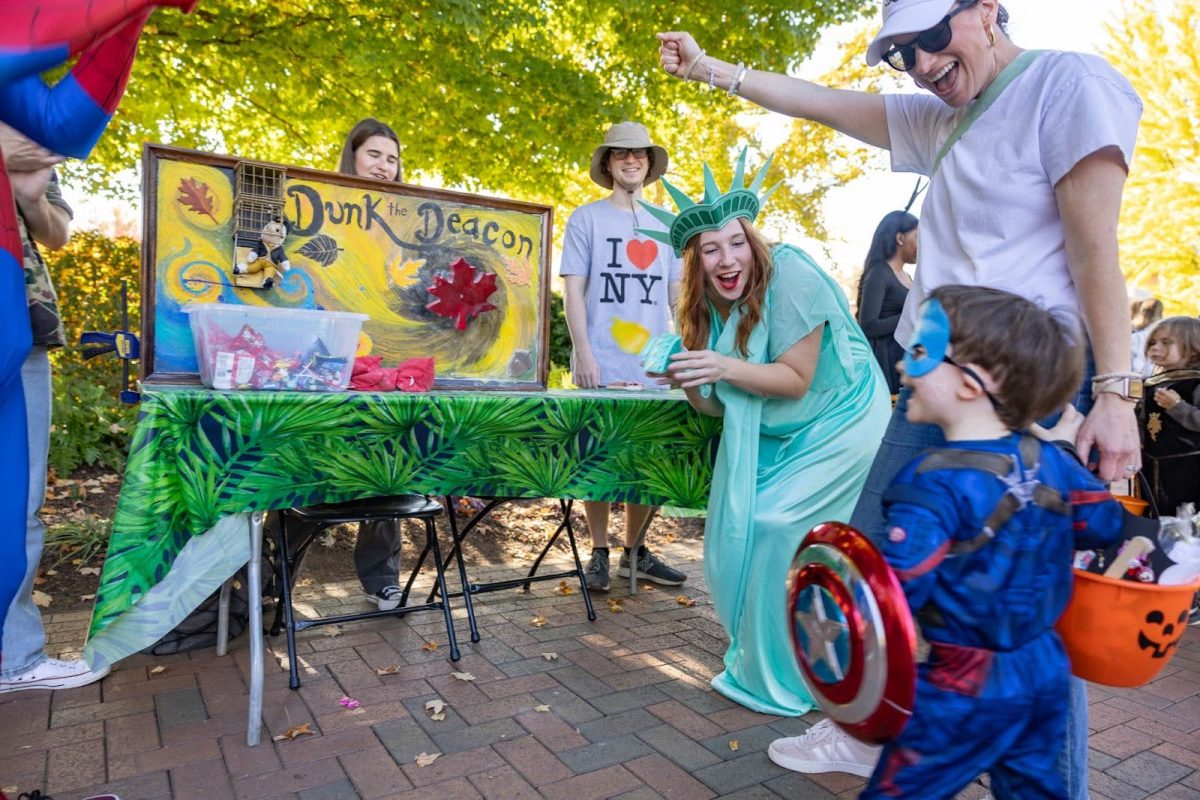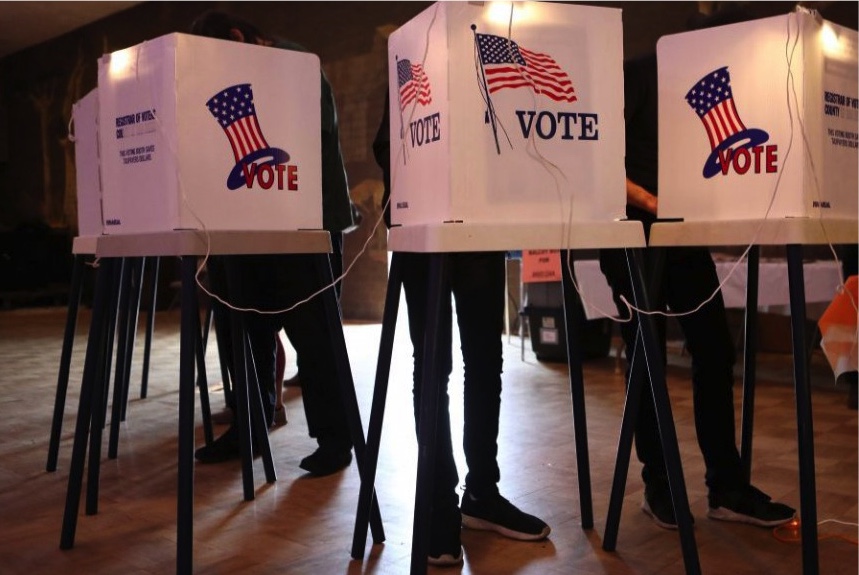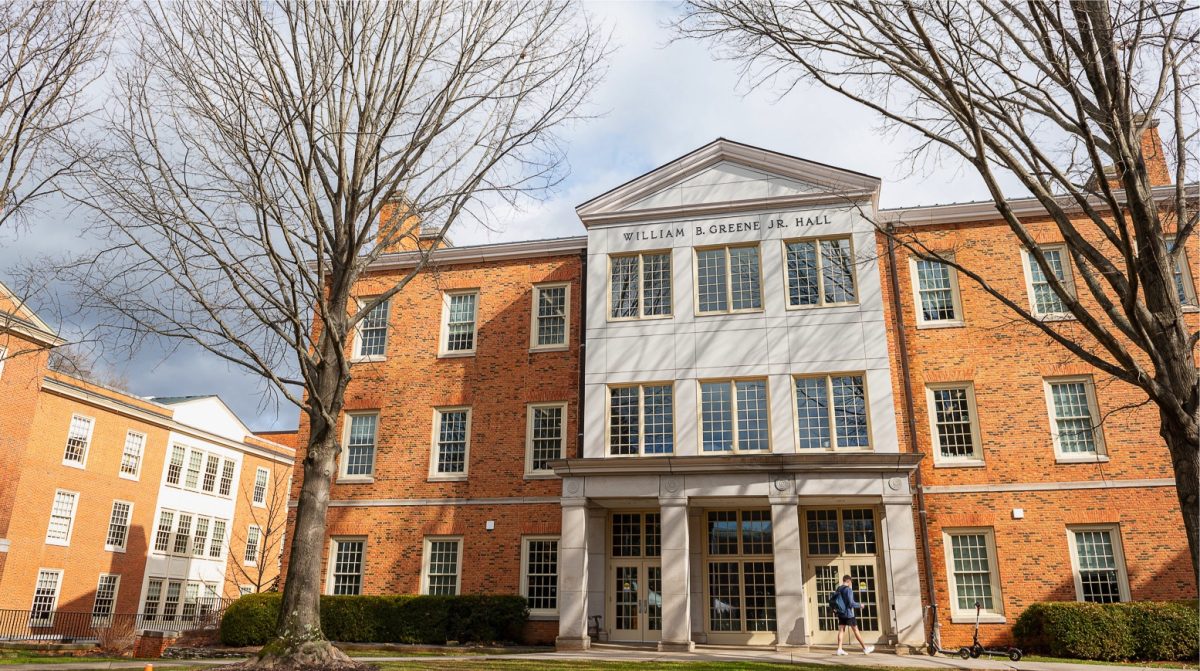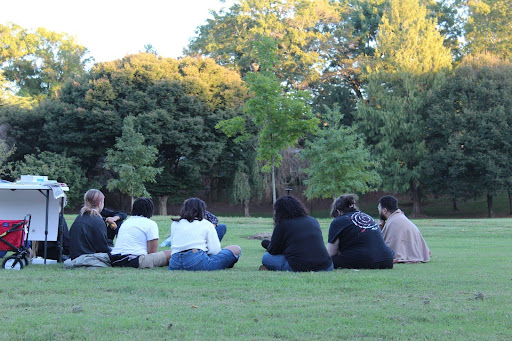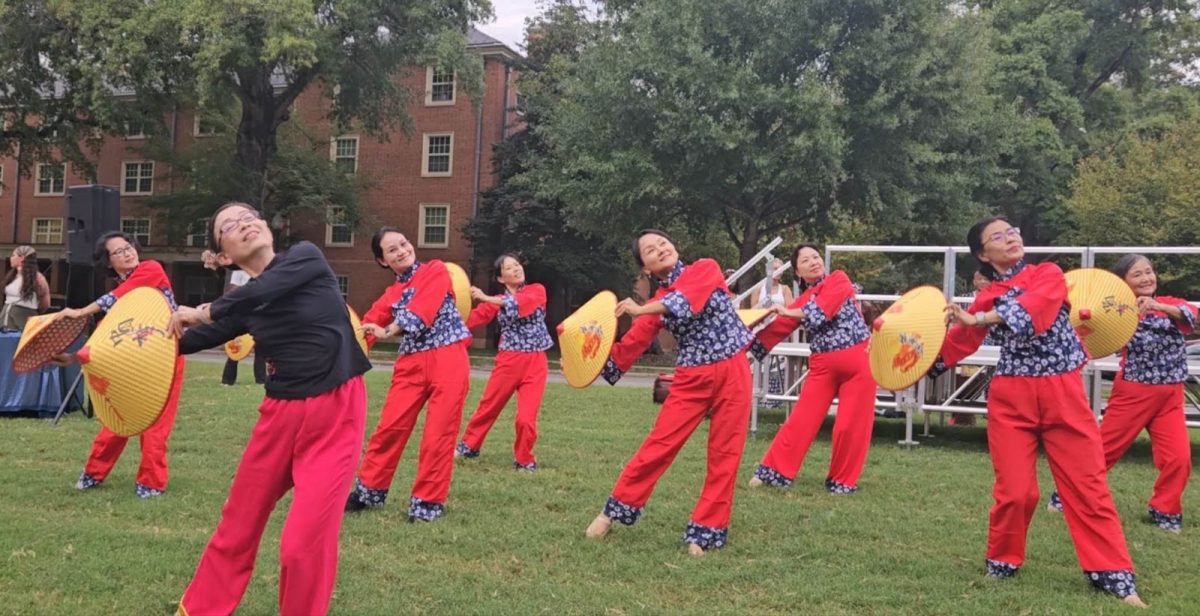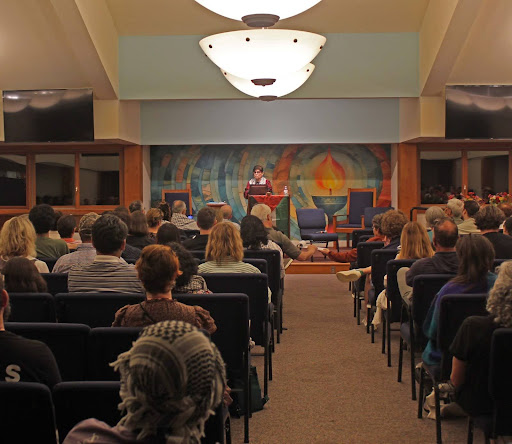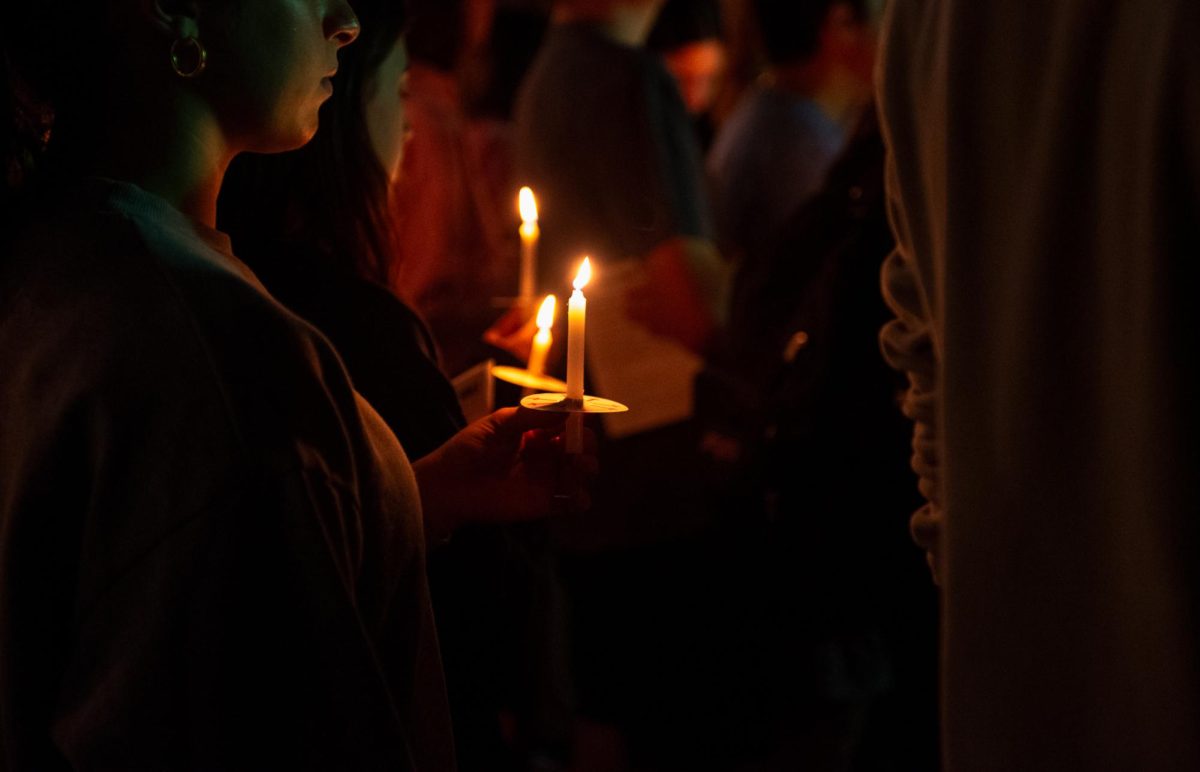After a historic vote last semester to expand the presence of International Fraternity Council (IFC) organizations on campus for the first time in eight years, the first of three IFC presentations was held on Feb. 25. Phi Gamma Delta (FIJI) was the first organization to convey their values and propose the creation of a colony at Wake Forest At these meetings, five representatives from each Panhellenic and IFC chapter serve as ambassadors, and ultimately judges, of the proposed new fraternity.
Betsy Adams, director of Fraternity and Sorority Life, opened the meeting by introducing Jake Lueck, director of Expansion, and Todd Rotgers, senior director of Undergraduate Services. In the past three years, Lueck facilitated the establishment of 15 new chapters of FIJI as part of the total 157 North American campuses in which they are active.
Part of FIJI’s attraction to the university is the spirit of Pro Humanitate and the values of its organization. FIJI noted the Greek community has a potential for growth in which their local graduate advisory support could effectively start a chapter and facilitate the new member education process.
Like other traditional Greek organizations, the process consists of six weeks. Their design emphasizes in-person training about alcohol and mental health, developing social and bystander skills and intentionally fostering relationships among brothers. In September of 2019, FIJI coined #JoinTheFight during National Hazing Prevention Week and incorporated anti-hazing programming. Additionally, their program Behind Happy Faces aims to increase mental health awareness through conversations held during chapter meetings.
With the motto “building courageous leaders,” FIJI identifies its three priorities as scholarship, fraternity and self. In terms of academic standards, maintaining a high GPA during one’s pledge semester is incentivized by the Academic Achievement Award of $250. The fraternity’s largest philanthropic partners are the United Service Organizations and Donate Life America, which registers people as organ and tissue donors.
For administration and students alike, the introduction of a new fraternity holds the potential to shape campus culture and reinforce ideals, whether those identified by the student representatives and the official university stance are the same. Students in the crowd clutched pamphlets with questions provided by the administration to facilitate engagement with the speakers. They inquired about challenges associated with starting a colony and FIJI’s programming regarding diversity and inclusion, required philanthropy, approaches towards mental health and alcohol policy.
Also worth noting is the fraternity’s stance on alcohol use. While providing alcohol-free housing and identifying as a dry organization, about 20% of chapters are exempted from this policy through petition based on academic record and standing with the university.
The speakers explained that, though partnering with a university and its administration is relatively straightforward, it is traditionally challenging to build relationships with other student organizations. In terms of inclusion and diversity, the primary stage of colonization involves reaching out to a variety of student groups so that the resulting group is a reflection of the institution, and official programming will be incorporated nationally as it is finalized. These responses and the desires of the current administration, as well as the presenters’ ability to resonate with student representatives will factor into which of the three organizations will be established on campus.


